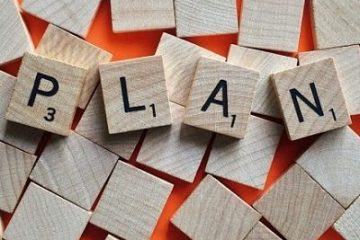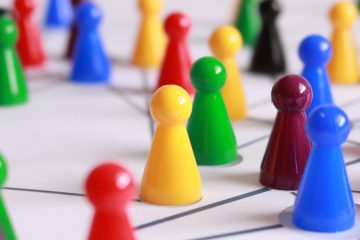
WHAT IS MELATONIN?
Melatonin, or the “hormone of darkness”, is a hormone produced by the pineal gland (a rice-sized gland sitting in the brain) and periodically released in the bloodstream. Melatonin strongly regulates the sleep-wake cycle.

I HAVE DIFFICULTY SLEEPING SINCE MY CONCUSSION. SHOULD I TAKE MELATONIN?
Melatonin production can be disrupted after a brain injury; however, research is equivocal whether taking synthetic melatonin helps with insomnia post-concussion. Extensive research has shown that synthetic melatonin can decrease sleep onset by a mere 7 minutes in insomnia patients but has no effect on sleep maintenance or sleep quality. Bottom line: melatonin use is not recommended in TBI patients suffering from insomnia.
Melatonin can however be indicated for other sleep problems including circadian rhythm sleep-wake disorders (like delayed sleep-wake phase disorder), shift work sleep disorder, jet lag, age-associated insomnia, and insomnia in migraine patients.

I HAVE CHRONIC MIGRAINE HEADACHE SINCE MY CONCUSSION. SHOULD I TAKE MELATONIN?
Research shows that synthetic melatonin can help chronic migraine patients due to its anti-inflammatory properties. Additional exogenous melatonin can decrease patients use of preventive and acute migraine therapy.
In most of these cases, an intermittent, low physiologic (0.1 mg to 0.5 mg) dose taken 1.5 – 2 hours before bedtime can be recommended by your doctor. Low physiologic doses are as effective as higher doses. Common side effects of low physiologic dose include, for example, drowsiness, dizziness, headache, nausea, and nightmares. Periodic breaks from synthetic melatonin should be taken every few months even weeks.
Melatonin should always be taken with caution. In many countries (e.g., European Union), melatonin is only available through prescription. And for good reasons! Most formulations found over the counter well exceed the physiologic dose. Any dose of melatonin of 1mg or greater is considered a high dose and can elevate melatonin plasma peak value to more than 60 times its normal! Side effects of high dose melatonin can be severe and include hypothermia, headache, somnolence, hypotension, hypertension, gastrointestinal upset, hyperprolactinemia and alopecia areata exacerbation.

I WAS DIAGNOSED WTIH DELAYED SLEEP-WAKE PHASE DISORDER (DSWPD). CAN MELATONIN HELP ME??
Up to 1.7% of the general population suffers from DSWPD. That prevalence is much higher in the TBI population likely secondary to a disruption of the melatonin secretion pathway. About one third of sleep disturbances after concussion are cases of DSWPD but are misdiagnosed as insomnia (the most common sleep disorder after concussion/mild TBI).
Patients with DSWPD refractory to first-line therapeutic options (e.g., behavioural modifications and education) can benefit from timed oral melatonin before bedtime. In these patients, high doses of melatonin are typically required to achieve a shift in their circadian rhythm. High dose melatonin should only be initiated under the supervision of an experienced physician and you should be monitored for side effects of high dose melatonin.

HOW CAN I NATURALLY OPTIMIZE MY MELATONIN PRODUCTION?
Avoiding bright light and light-emitting devices (e.g., screens) at least 3 hours before your desired bedtime can help you optimize your endogenous melatonin production as light exposure suppresses normal nocturnal melatonin rise.
Also, certain drugs can decrease its production (e.g., beta blockers, caffeine, alcohol…) so talk to your doctor or your pharmacy to see if any medication changes are warranted to promote better sleep.
Certain foods are claimed to contain melatonin (e.g., banana, cherries, walnuts, wine, tomatoes…) but diet does not affect melatonin plasma concentration. No lab assay exists so far or can be used to determine melatonin food content contrary to what social media leads on. No need to stuff yourself with walnuts before bedtime; on the contrary, nuts can be too stimulating for the digestive system thus increasing arousal and disturbing sleep.

THE BOTTOM LINE
Always check with a physician experienced in sleep and in complementary and alternative medicine before taking melatonin.
Last update: January 2024
